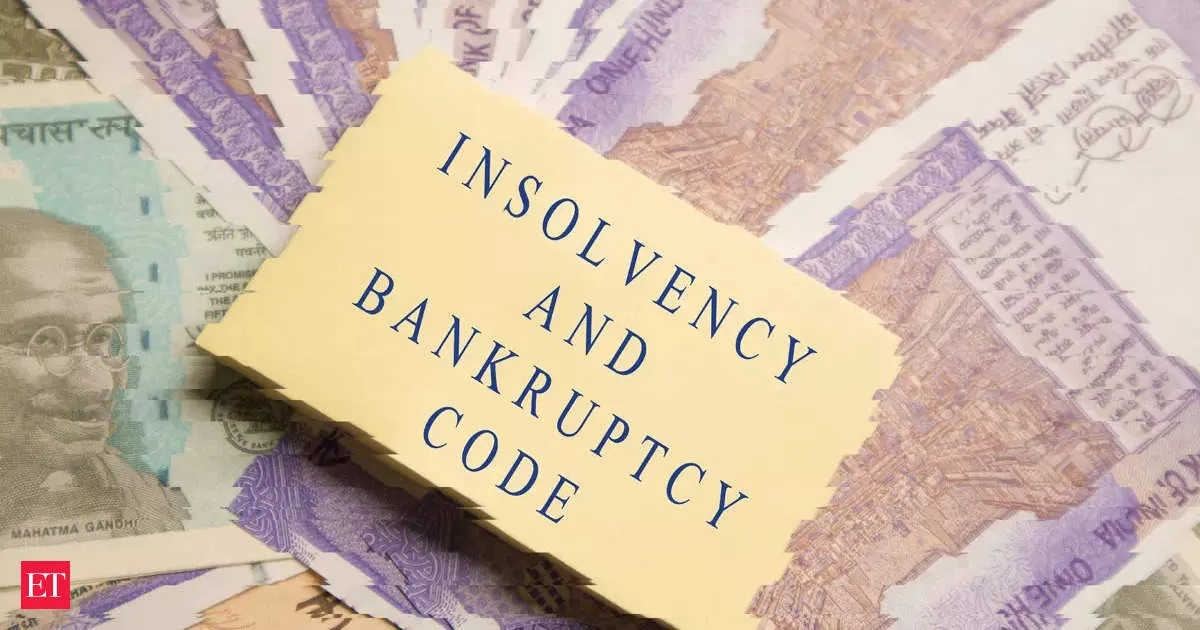NCLT Initiates Insolvency Proceedings Against Jupiter Landscapes Over Rs 573 Cr Debt

Insolvency Proceedings Summary
The National Company Law Tribunal (NCLT) has ordered the initiation of a corporate insolvency resolution process (CIRP) against Jupiter Landscapes following its default on repayments of non-convertible debentures (NCDs) worth Rs 573.98 crore. The ruling was delivered after Edelweiss Asset Reconstruction Company filed a petition against the company under Section 7 of the Insolvency and Bankruptcy Code (IBC), 2016. The Mumbai-based real estate firm had issued 1,850 secured, redeemable non-convertible debentures in March 2019, to fund its business operations and development projects.
Details of the Case
- The debentures were initially subscribed by ECL Finance which, in March 2023, assigned them to Edelweiss Asset Reconstruction Company.
- Jupiter Landscapes defaulted on the payment, leading to the initiation of insolvency proceedings.
- As of November 2023, the outstanding total had increased to Rs 563.98 crore.
- The default occurred on March 26, 2023, when the company failed to meet the repayment deadline.
Jupiter Landscapes, which primarily operates in the real estate sector, cited the Covid-19 pandemic and other economic headwinds as reasons for its financial distress. Despite these challenges, Jupiter Landscapes admitted to the default and did not object to the initiation of the CIRP, recognizing the necessity of resolution.
NCLT Ruling and Next Steps
- The NCLT’s Mumbai bench recognized the validity of Edelweiss’s petition.
- They appointed Kanchansobha Debt Resolution Advisors as the interim resolution professional (IRP).
- A moratorium has been imposed, preventing legal actions against Jupiter Landscapes.
The NCLT’s decision facilitates the resolution of Jupiter Landscapes' mounting debts, offering a potential path for revival or, if no resolution plan emerges, towards liquidation. In 2023 alone, 7,813 companies were brought into administration, with 22% coming from the real estate sector.
This article was prepared using information from open sources in accordance with the principles of Ethical Policy. The editorial team is not responsible for absolute accuracy, as it relies on data from the sources referenced.